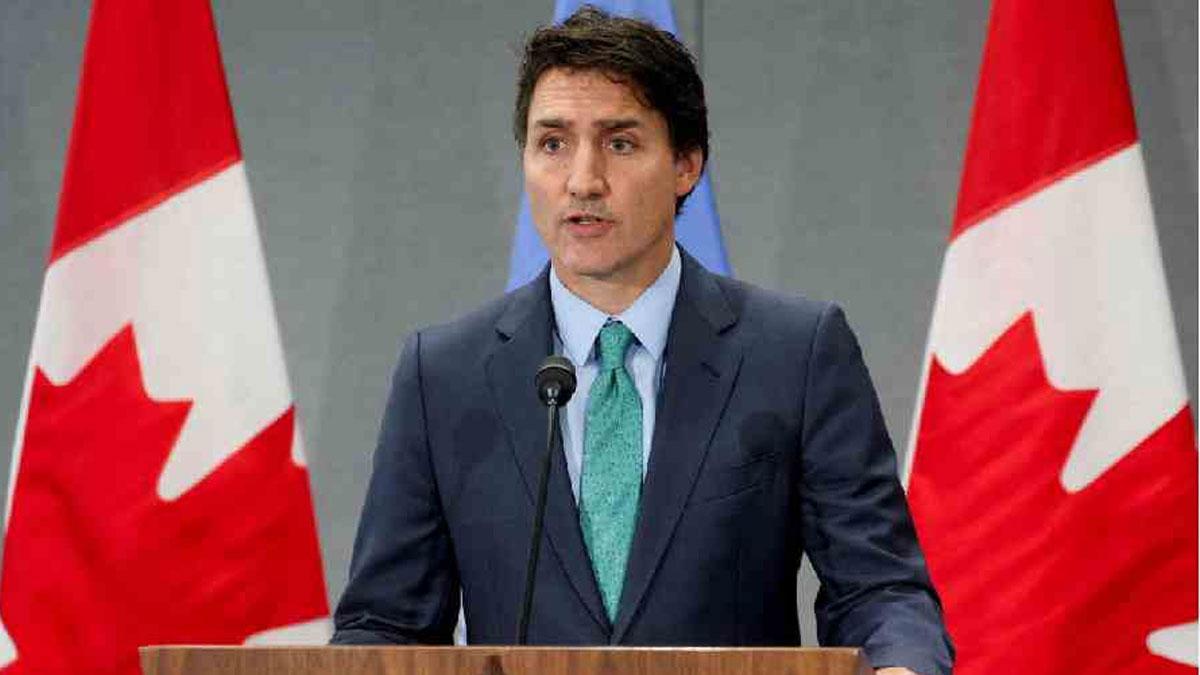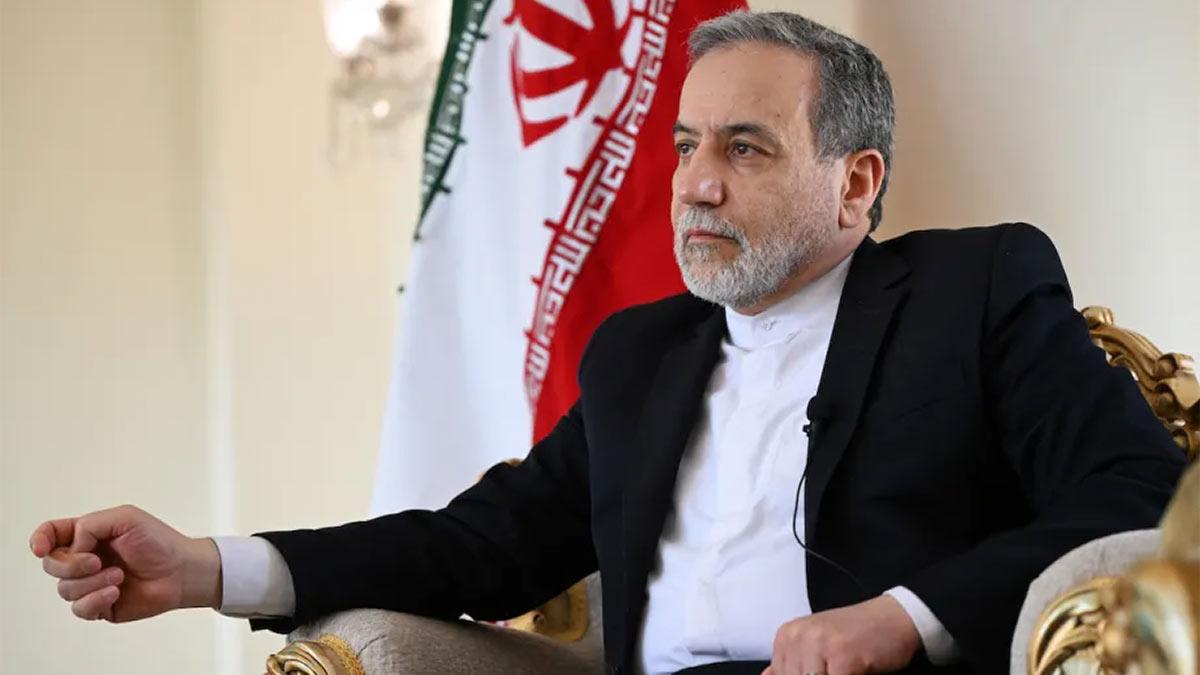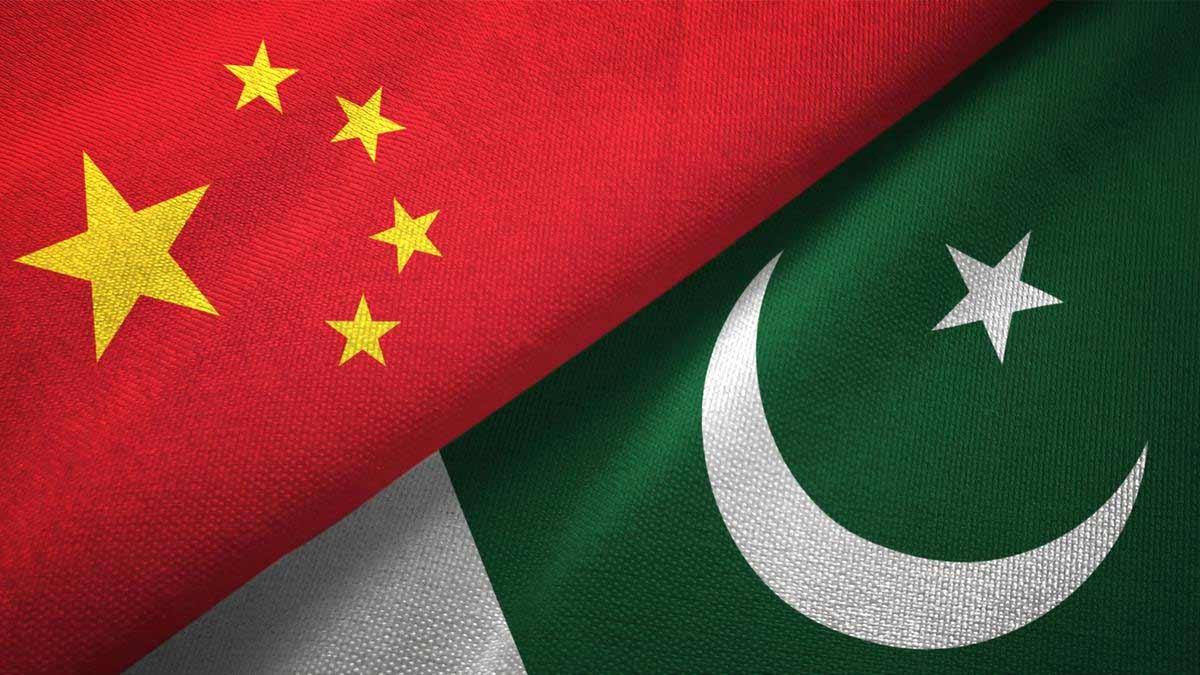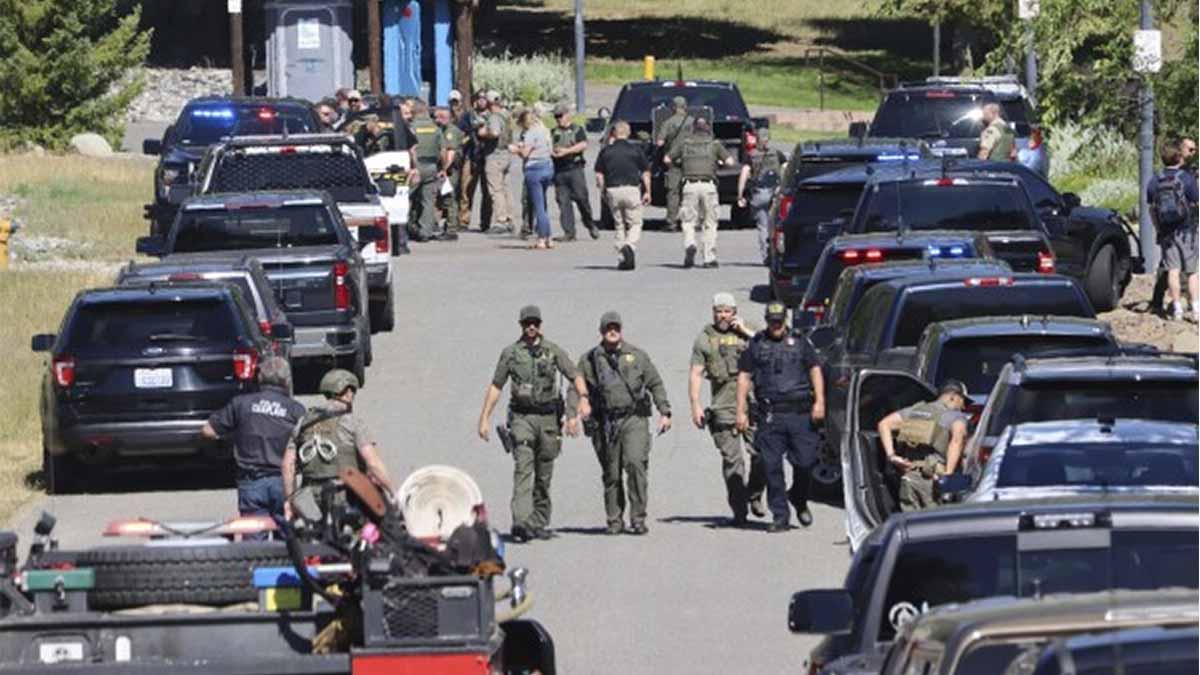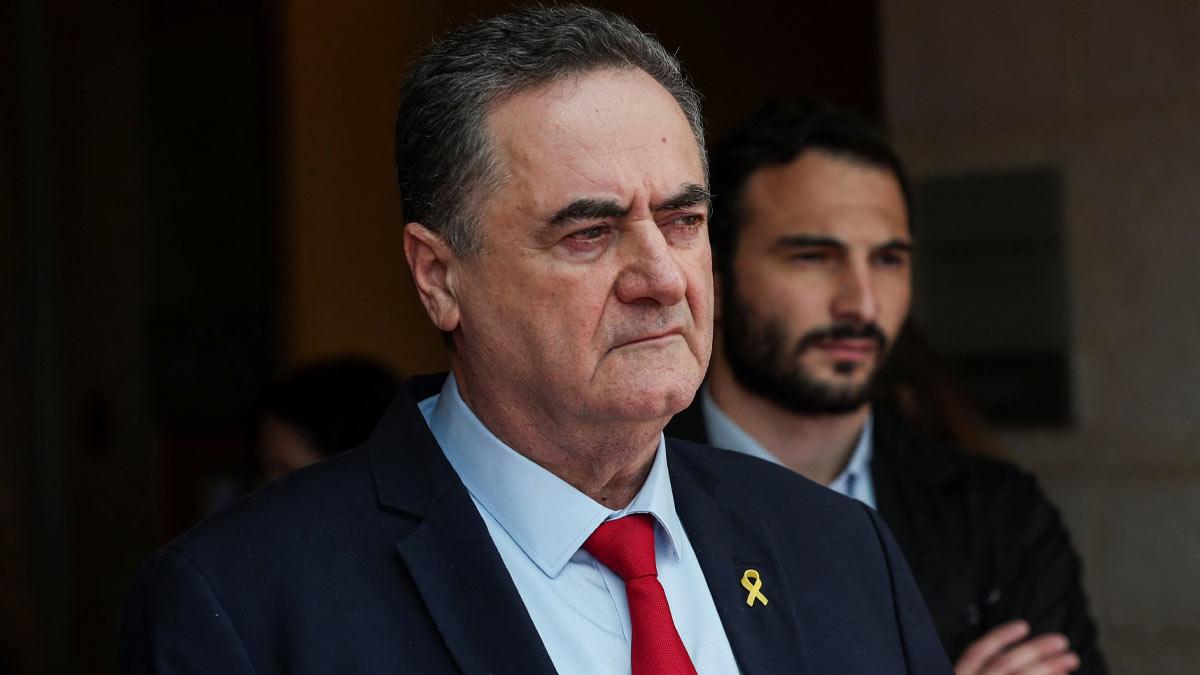The Sri Lankan government has strongly criticized Canadian Prime Minister Justin Trudeau, accusing him of engaging in electoral politics at the expense of truth and accuracy. Trudeau's assertion of a "genocide" during Sri Lanka's conflict with the Liberation Tigers of Tamil Eelam (LTTE) has drawn ire from Colombo.
Sri Lanka has sharply rebutted Trudeau's decision to declare May 18 as 'Tamil Genocide Remembrance Day' after a unanimous vote in Canada's Parliament. The country's government rejected the term 'genocide' and stated that no credible institution either in Canada or elsewhere had reached such a conclusion.
The Sri Lankan Ministry of Foreign Affairs has also stressed that Trudeau's move disturbs the communal harmony among the Canadians of Sri Lankan origin and hurts the efforts taken for national integration and reconciliation processes in Sri Lanka. According to them, Canada's narrative has not only ignored the complexity of the conflict but also continued to cause a one-sided historical narrative.
The Sri Lankan government also has charged Canada with double standards over human rights issues and campaigned disproportionately against Sri Lanka. It has claimed that Trudeau's statements emanate from electoral considerations and pressure from a minority section of Canadians of Sri Lankan origin.
"We will always advocate for justice and accountability for the crimes committed during the conflict, as well as for the hardships faced by all in Sri Lanka. In 2023, we imposed sanctions against four former Sri Lankan government officials in response to their violations of human rights in the country during the armed conflict," Trudeau said in a statement on Saturday.
“Canada is a strong defender of human rights in Sri Lanka," he said, adding that Ottawa will "continue to urge the Government of Sri Lanka to respect freedom of religion, belief, and pluralism – essential values to build lasting peace."
In a related development, India has also criticized Canada's approach, more so with regard to the issue of Khalistani separatism. External Affairs Minister S Jaishankar said the rule of law and stopping the spread of violent ideologies was important.
Despite the criticisms, Sri Lanka says it remains committed to reconciliation and peace-building efforts since the end of the conflict in 2009. The government says it has made strides towards uniting and stabilizing the nation amidst economic challenges.
"The Government of Sri Lanka in all previous communications has categorically refuted such outrageous allegation of genocide in Sri Lanka. No competent authority in Canada or elsewhere in the world has made any objective determination of genocide having taken place in Sri Lanka," the statement said.
"These unfounded allegations relate to the conclusion of the armed separatist terrorist conflict waged by the LTTE in pursuit of a separate state, contrary to the principles of the UN Charter. The LTTE is listed as a terrorist organization in 33 countries of the world, including in Canada," the statement noted.
The violent campaign for a separate Tamil homeland by the LTTE lasted nearly three decades before it was defeated in 2009. But in Sri Lanka, thousands are still missing, and the scars of the brutal war that claimed countless lives remain.
Read also | Biden Denies Genocide Allegations in Gaza Conflict

